The shipping industry is a complicated business. You need to make sure that the people you work with are appropriate for your business, especially the people responsible for transporting your cargo.
Different freight forwarders operate in different ways. Therefore, it is a good idea to dispel any doubts you may have about their service, location, or even network before making a decision.
Dantful shows you here are 11 basic questions to ask your freight forwarder to get the information you need to help your business.
1.Can you help me with customs clearance?
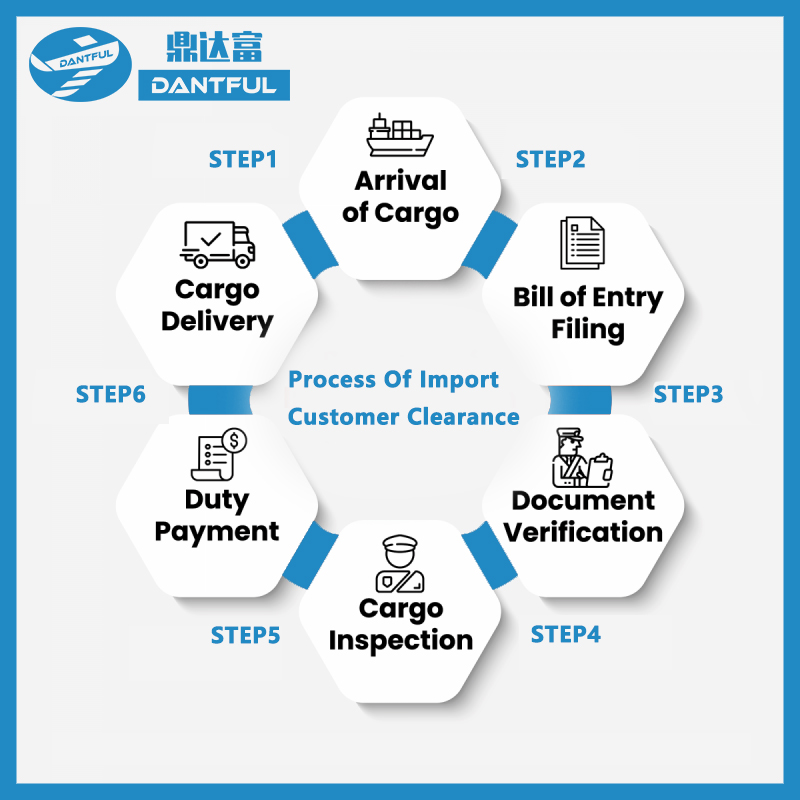
Customs clearance is an integral part of any shipping process and can not only affect the success or failure of your shipment but also throw your entire supply chain into disarray.
Most freight forwarders are responsible for customs clearance. However, some may only strictly be freight forwarders, which means they only handle the transportation and logistics of your goods. In this case, you will need to look for a separate broker to handle customs clearance for your shipment.
iContainers provides customs clearance at the place of origin and destination in countries where we have a physical presence. Our network of agents can also assist you in destinations we have not yet found.
2. How extensive is your network?
Freight forwarders need to have a reliable and mature international network. This helps facilitate the shipping process for customers, leading to a more streamlined end-to-end process. The larger the network, the more likely freight forwarders are to meet the needs and requirements of shippers.
Having your freight forwarder physically present in the country/region where you are shipping to and/or from is a big advantage, especially when you are doing door-to-door shipping.
If your freight forwarder is not present in the country/region of the destination/origin of your shipment, make sure it has a trusted reputable agent there. Get the names of these agents and partners and do some research on them.
3. Can I track my shipment?
In this day and age, it’s imperative to be able to track any shipment, whether it’s your order on Amazon or the DHL package you’re waiting for. The same applies to the shipping industry. More and more freight forwarders are going digital, and a 24⁄7 track and trace service for your cargo should be an essential feature.
With a track and trace service, you can better plan your logistics needs and alert you to an alternative plan if something goes wrong. This gives you peace of mind and ensures that you are fulfilling your commitments to suppliers and customers along your supply chain.
At iContainers, our 24⁄7 tracking service is complemented by automatic notifications. This means that you will be alerted immediately whenever the status of any shipment changes.
4. What does your quote include?
Even today, a large part of the shipping industry remains opaque. There may be many leading digital freight forwarders working on price transparency, but it is still good to know the details of what services are included in their container shipping rates.
For example, some freight forwarders may include certain services, such as documentation and customs-related fees, but others do not.
In general, freight forwarders with an extensive and reliable network can offer more cost-effective solutions and additional benefits, such as customs clearance, online tracking, etc.
5.How soon can I get a quote?
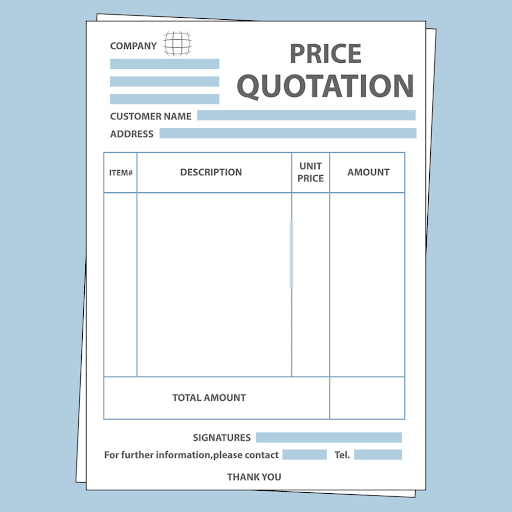
The rate depends on many different factors, including sailing date, carrier, quantity of goods, etc. Therefore, the sooner you get a quote, the sooner you can start planning your shipment to ensure you meet the deadline.
With the iContainers platform, you can get an instant quote online and book your entire shipment in five minutes.
6.What additional charges may be incurred for my shipment?
Many factors can affect the total price of your shipment. These depend on seasonality, merchandise, destination, and other factors beyond your control. Surcharges such as General rate increases (GRI) and Emergency Fuel surcharges (EBS) may be announced and applied to your shipment at the last minute. In the United States, under FMC guidelines, carriers must allow a 30-day buffer time for the GRI to take effect.
But there are other costs to consider. We recommend that you read the posts on understanding ocean freight quotes and little-known shipping charges to get an idea of the various fees that may apply to your shipment.
7.Are there any fees that the destination needs to consider?
There are always destination costs associated with shipping. However, costs vary by port and mode of transport. Some of the more common destination surcharges include release fees, terminal handling fees, and other delivery charges if your shipment is being delivered to your door.
Most freight forwarders work with a network of agents around the world who can help process destination fees and payments. Alternatively, if you have a destination agent, you can choose to work with your preferred agent.
8. Are there any specific requirements for the destination to be aware of?
Import requirements vary from country to country — even for the same item. This is especially true if you are moving overseas. Some countries have very strict rules about specific personal items and vehicles.
Be sure to consult your freight forwarder or destination agent if there are any special requirements at your destination. This could be a special license or additional documentation for your shipment.
In the case of international relocation, there may even be a requirement that only citizens or diplomats be allowed to relocate there and need to leave the country for some time before being allowed to move back in.
9. Are you licensed and bonded?
Making sure your freight forwarder is licensed and bonded should be the first step in deciding whether or not to work with them.
Licensed freight forwarders must follow regulations set by the licensing agency, which can mean fair rules, standards, and prices. This can also ensure you have access to support and channels for complaints if you feel you have been mistreated.
Bonded freight forwarders protect customers and compensation to customers when the freight forwarder suffers financial losses.
10.Do I need to pack and prepare the goods myself?
Some freight forwarders offer packing services. These may be in-house or outsourced to an outside company. Other freight forwarders may not, which means it will be the shipper who packs the goods.
You can get your professional help to pack your shipment. But if you do it yourself, be sure to read information on how to properly pack your goods and load containers to reduce the risk of damage.
11. What is my best option if I need to ship by a certain date or need the goods to arrive by a certain date?
If you have an urgent shipment, let your freight forwarder know immediately so they can make plans. Remember to ship your cargo to the first available sailing date and vessel, as this can sometimes mean a higher price.
Sometimes it may be worth paying a little more for faster transportation or direct service for better reliability. Some shippers want to get their goods to their destination as quickly as possible, while others prefer a more affordable option. Make sure to let your freight forwarder know what your priorities are.
Contact us for more details


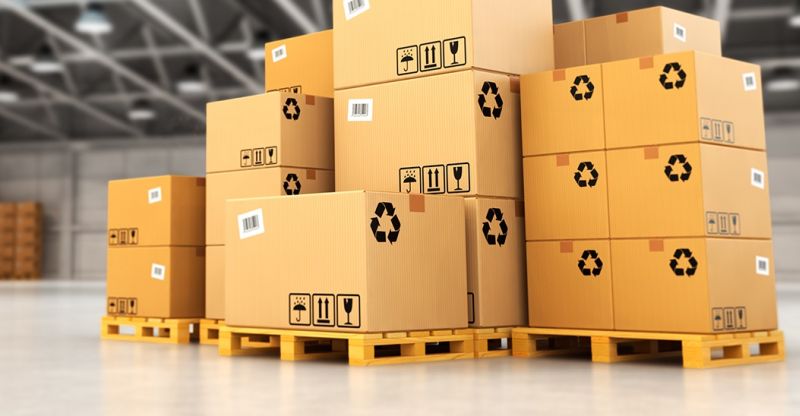


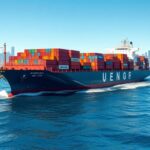






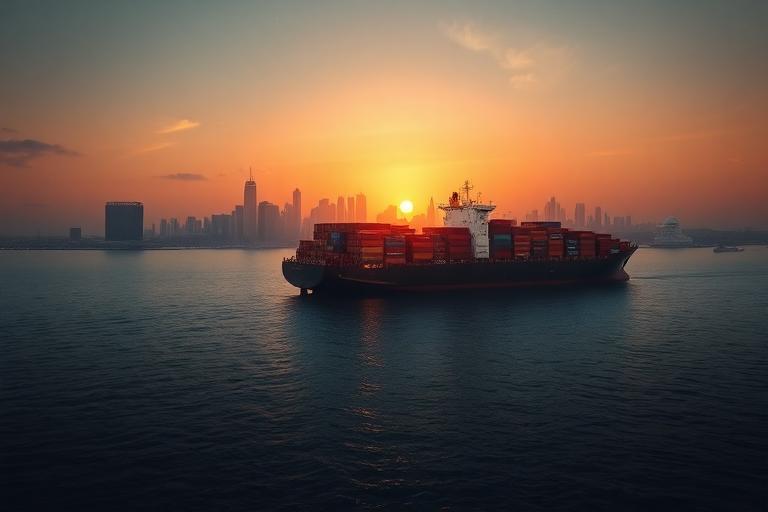
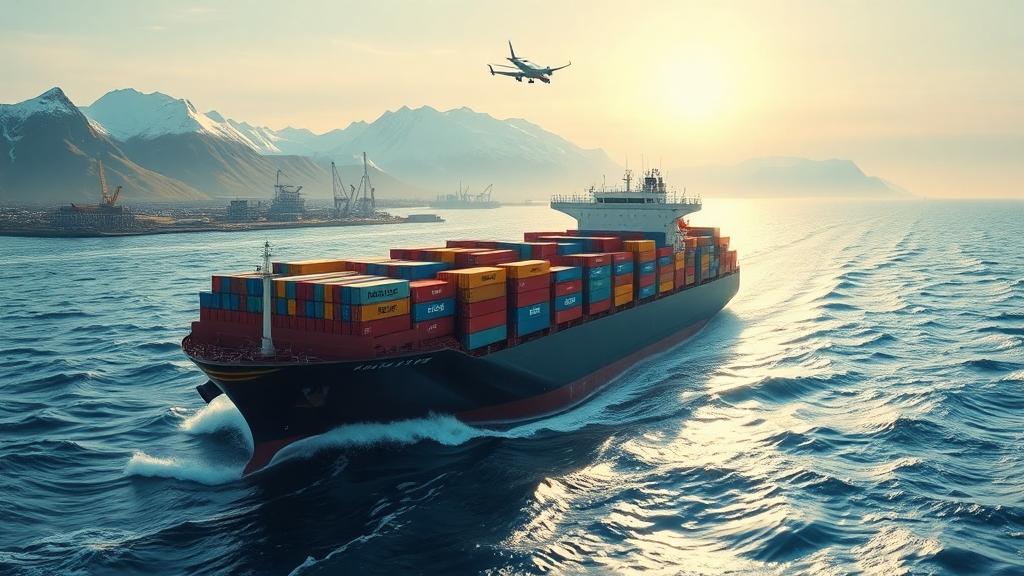
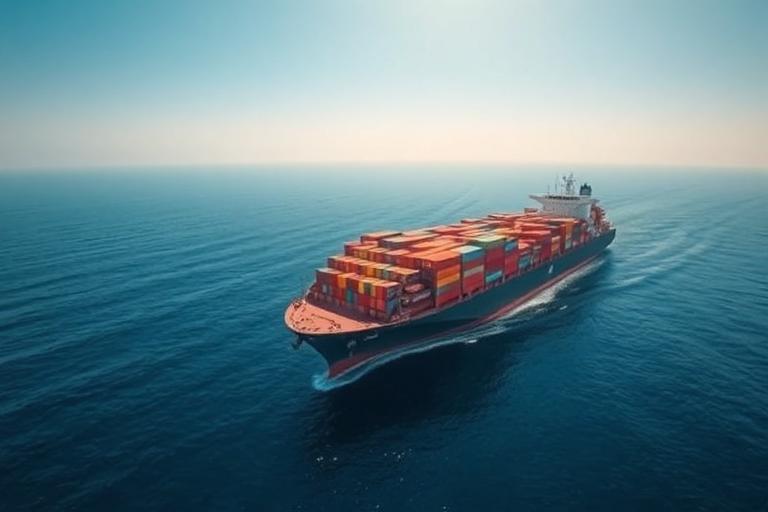
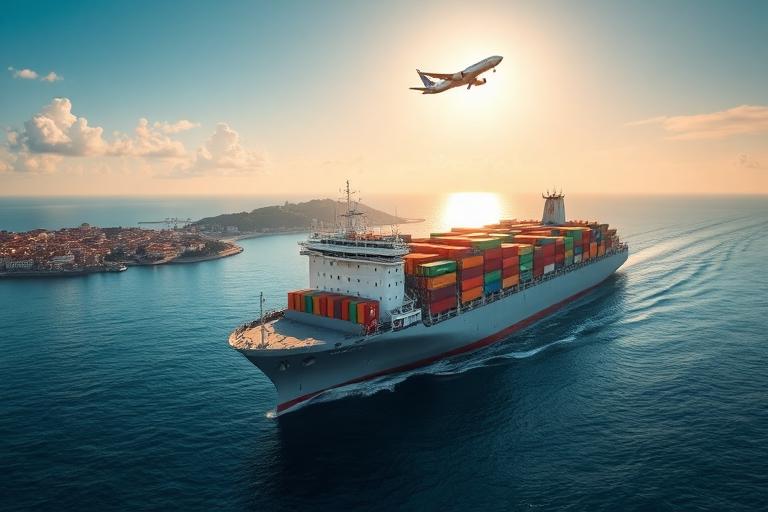
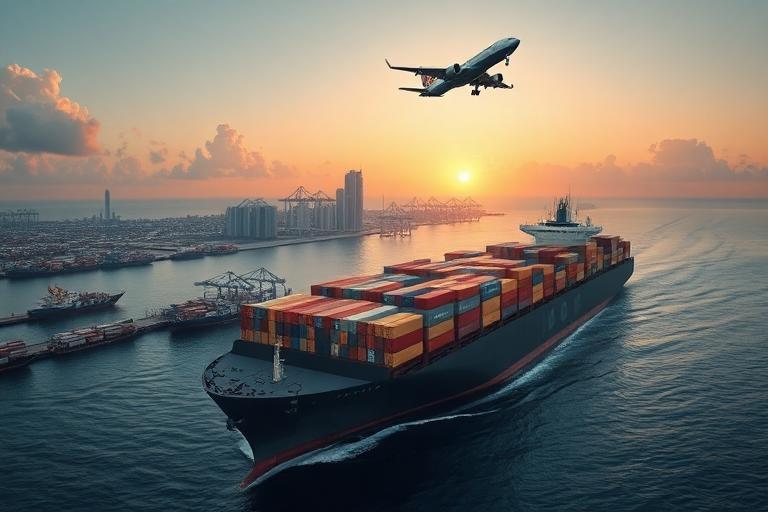





 Afrikaans
Afrikaans Shqip
Shqip አማርኛ
አማርኛ العربية
العربية Հայերեն
Հայերեն Azərbaycan dili
Azərbaycan dili Euskara
Euskara Беларуская мова
Беларуская мова বাংলা
বাংলা Bosanski
Bosanski Български
Български Català
Català Cebuano
Cebuano Chichewa
Chichewa 简体中文
简体中文 繁體中文
繁體中文 Corsu
Corsu Hrvatski
Hrvatski Čeština
Čeština Dansk
Dansk Nederlands
Nederlands English
English Esperanto
Esperanto Eesti
Eesti Filipino
Filipino Suomi
Suomi Français
Français Galego
Galego ქართული
ქართული Deutsch
Deutsch Ελληνικά
Ελληνικά Kreyol ayisyen
Kreyol ayisyen Harshen Hausa
Harshen Hausa Ōlelo Hawaiʻi
Ōlelo Hawaiʻi עִבְרִית
עִבְרִית हिन्दी
हिन्दी Hmong
Hmong Magyar
Magyar Íslenska
Íslenska Igbo
Igbo Bahasa Indonesia
Bahasa Indonesia Gaeilge
Gaeilge Italiano
Italiano 日本語
日本語 Basa Jawa
Basa Jawa ಕನ್ನಡ
ಕನ್ನಡ Қазақ тілі
Қазақ тілі ភាសាខ្មែរ
ភាសាខ្មែរ 한국어
한국어 كوردی
كوردی Кыргызча
Кыргызча ພາສາລາວ
ພາສາລາວ Latin
Latin Latviešu valoda
Latviešu valoda Lietuvių kalba
Lietuvių kalba Lëtzebuergesch
Lëtzebuergesch Македонски јазик
Македонски јазик Malagasy
Malagasy Bahasa Melayu
Bahasa Melayu മലയാളം
മലയാളം Maltese
Maltese Te Reo Māori
Te Reo Māori मराठी
मराठी Монгол
Монгол ဗမာစာ
ဗမာစာ नेपाली
नेपाली Norsk bokmål
Norsk bokmål پښتو
پښتو فارسی
فارسی Polski
Polski Português
Português ਪੰਜਾਬੀ
ਪੰਜਾਬੀ Română
Română Русский
Русский Samoan
Samoan Gàidhlig
Gàidhlig Српски језик
Српски језик Sesotho
Sesotho Shona
Shona سنڌي
سنڌي සිංහල
සිංහල Slovenčina
Slovenčina Slovenščina
Slovenščina Afsoomaali
Afsoomaali Español
Español Basa Sunda
Basa Sunda Kiswahili
Kiswahili Svenska
Svenska Тоҷикӣ
Тоҷикӣ தமிழ்
தமிழ் తెలుగు
తెలుగు ไทย
ไทย Türkçe
Türkçe Українська
Українська اردو
اردو O‘zbekcha
O‘zbekcha Tiếng Việt
Tiếng Việt Cymraeg
Cymraeg יידיש
יידיש Yorùbá
Yorùbá Zulu
Zulu